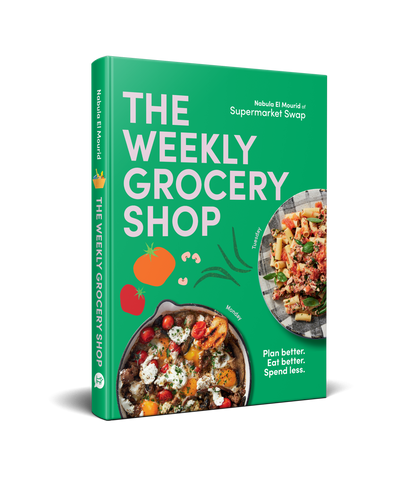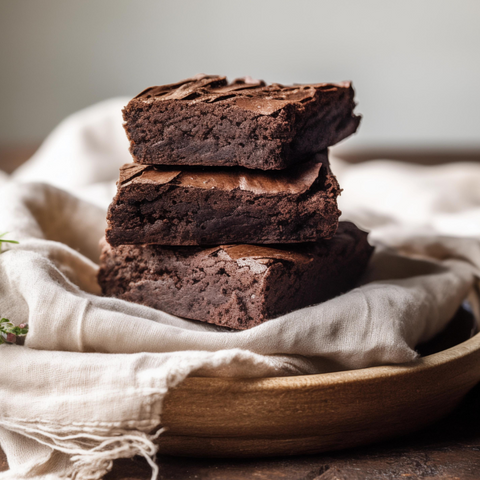


Constipation in children can be uncomfortable and can cause a lot of distress for both the child and the parents.
Chronic and persistent constipation always benefits best from individual dietary assessment and advice, to rule out intolerances, non-IgE allergies, and other underlying factors.
But generally, several foods can help relieve constipation in children and help with stool softening, which can make stools easier to pass. This can be a very useful strategy for toddlers who hold onto their poos, to avoid the perceived 'negative or scary' experience. Holding behaviours in children can contribute to making constipation worse, which can lead to more holding behaviours if stools are painful and more difficult to pass. The colon (large intestine) absorbs water while forming a poo, by the time it reaches the rectum most of the water has been absorbed, making the stool solid. The longer a poo stays in the colon the harder and dryer it becomes.
To help keep stools soft, we need:
- Fibre-rich foods: which can help promote bowel regularity. Foods such as fruits and vegetables like berries, and spinach
- Fluid: having adequate fluid intake can help soften the stools and make them easier to pass. Dehydration can lead to constipation
- Probiotics: foods naturally high in beneficial bacteria can help improve digestion and bowel movements, like Greek yoghurt.
- Fat: Dietary fats are something that is often not talked about enough in constipation management, fat can act as a lubricant and stool softener making stools easier to pass.
- Dietary magnesium: magnesium is an electrolyte and can help to keep some water in the stools making them softer.

Smoothie Recipe:
- 1/3 cup frozen blueberries
- 1/3 cup frozen mangos
- A few spinach leaves
- 1/3 cup of Greek yoghurt
- 1 teaspoon of pumpkin seeds.
- 1 teaspoon of coconut oil
- ½ cup of almond milk or water
Blend well for a few minutes on high until well combined, the pumpkin seeds should blend up smoothly.

Why Pumpkin Seeds:
- Pumpkin seeds are an excellent source of fibre and also magnesium.
- 25g (1 tablespoon) of pumpkin seeds provides 130mg of magnesium and 13g of dietary fibre.
- For perspective, 1-3-year-olds are recommended to consume 14g of fibre per day and 80 mg of magnesium per day to meet the recommended daily intake (RDI).

Why Coconut Oil:
- Coconut oil can provide lubrication to help the stool move through the large intestine with more ease.
- Having adequate dietary fat is important to help the passage of stools through the intestine.
- Use virgin unrefined coconut oil (it will be solid at room temperature).
Swaps:
- If your child is allergic to dairy, swap out the Greek yoghurt for coconut yoghurt.
- If you don't have frozen or fresh mango, swap for ripe pear.
What if my child won't drink smoothies:
- If you have a toddler or older child let them help to make the smoothie (avoid telling them it can help them go to the toilet as this can increase fear)
- And you can make modifications to suit your child's taste and preference
Try using fun smoothie cups and straws
- You can also try freezing the smoothie into an icy pole mold instead
Can I give this to my baby 6-12 months?
- I don't recommend any additional liquids as a drink in babies 6-12 months as this can displace intake and nutrition from breast milk.
- You can however offer the smoothie as a smoothie bowl with a spoon (instead of a drink) as part of or as a meal.
- If your child under 6 months is constipated and has not started solids please seek medical advice and assessment.
What else can I do
- Chronic and persistent constipation needs individual advice and assessment to determine if there are any other underlying nutritional or dietary contributors like intolerances or non-IgE allergies.
- If you are taking medications for constipation it is advisable not to stop these until discussing your options with your child's doctor or paediatrician.

